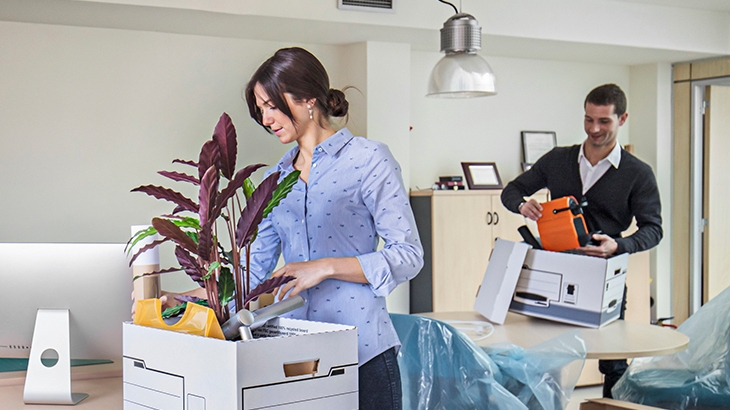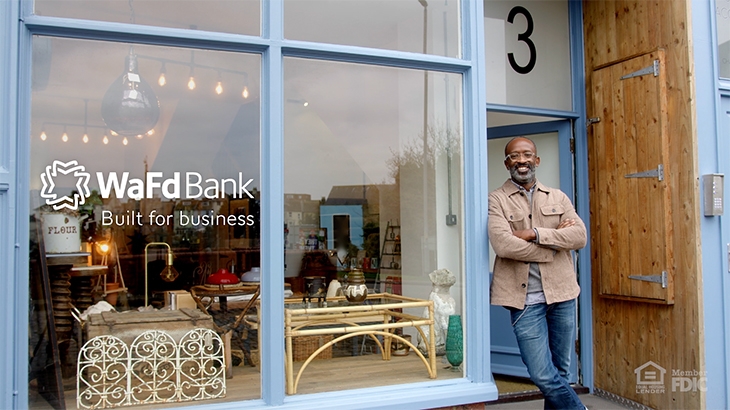Factors to Consider When Finding the Right Location for Your Business
While many small businesses start out of an owner's garage, there often comes a time when the inventory, orders, or the number of employees gets to be too much for an in-home operation. If you're thinking about moving your business to a storefront or warehouse, then there's a lot to think about when choosing a location.

Consider the Financials
First things first -it's important to be realistic about what you can afford to rent (or buy.) Regardless of where you're looking to settle down, you'll likely need to make changes or improvements to the space. You'll also want to consider the income, sales and property taxes of the state and county you're considering. Another tip, some businesses qualify for government economic business programs, such as state-specific small business loans or micro-loans. These vary greatly by state, so you'll want to check with your state's department of revenue.
Is the Area Business Friendly?
Because business laws are drastically different throughout the country, and often even within the same state, be sure to check what applies in your area. Spending a little more on a location one county away could save you a lot in taxes. If you're new to an area or just starting out, you may want to consider checking with an expert. Your local Small Business Development Center should be able to point you in the right direction.
Hiring the Right Team
Take a look at minimum wage; some states have a much higher minimum wage than the current federal rate of $7.25. The Department of Labor offers a valuable website to help you quickly and easily find out.
You'll also want to consider the available talent pool in the area, especially if you need highly or specially skilled workers, like information technology or medicine.
Types of Business Locations
Depending on your industry, you could have a few different choices. You might be able to run your business out of your home, or you may have to find a location in an urban area, perhaps near a mall or other popular community space. If you distribute goods, your best bet might be to go for a more industrial area where it's easier for delivery trucks to navigate. This will help you narrow your search significantly as you consider the logistics of how you'll operate.
If you can, consider testing out an area and do a pop up instead. This is a temporary location where you can get to know the local preferences and what they might be willing to pay. Try out a few different locations and look at all the factors. How much did you make per day on average? What kind of feedback did you get from your customers? Then you can make an informed decision and choose the location where your business did best.
Check out the Neighbors
This is key. What is the market's saturation of your industry? Research and get to know your competitors. Also think about any businesses or vendors that supply you with crucial items. How efficiently can they get to you? (And will it cost them any more money to do so?) If you're a retail store or deal heavily with cash, then you may also want to look at the crime rates in the area.
By doing just a little research, you'll end up saving yourself a lot of headache down the road! If you're looking for more advice, then be sure to check out the US Small Business Association's "Starting & Managing a Business" website. Additionally, TheBalance.com also offers some helpful advice for choosing a location.
WaFd Bank is Here to Help
Whether your small business is looking for a better way to pay employees, deposit checks, or finance an expansion, our local small business bankers have the community knowledge and business experience to help. Find your local WaFd Bank branch to learn more, or open a business bank account online today.
Did you find this article helpful? Share it!


